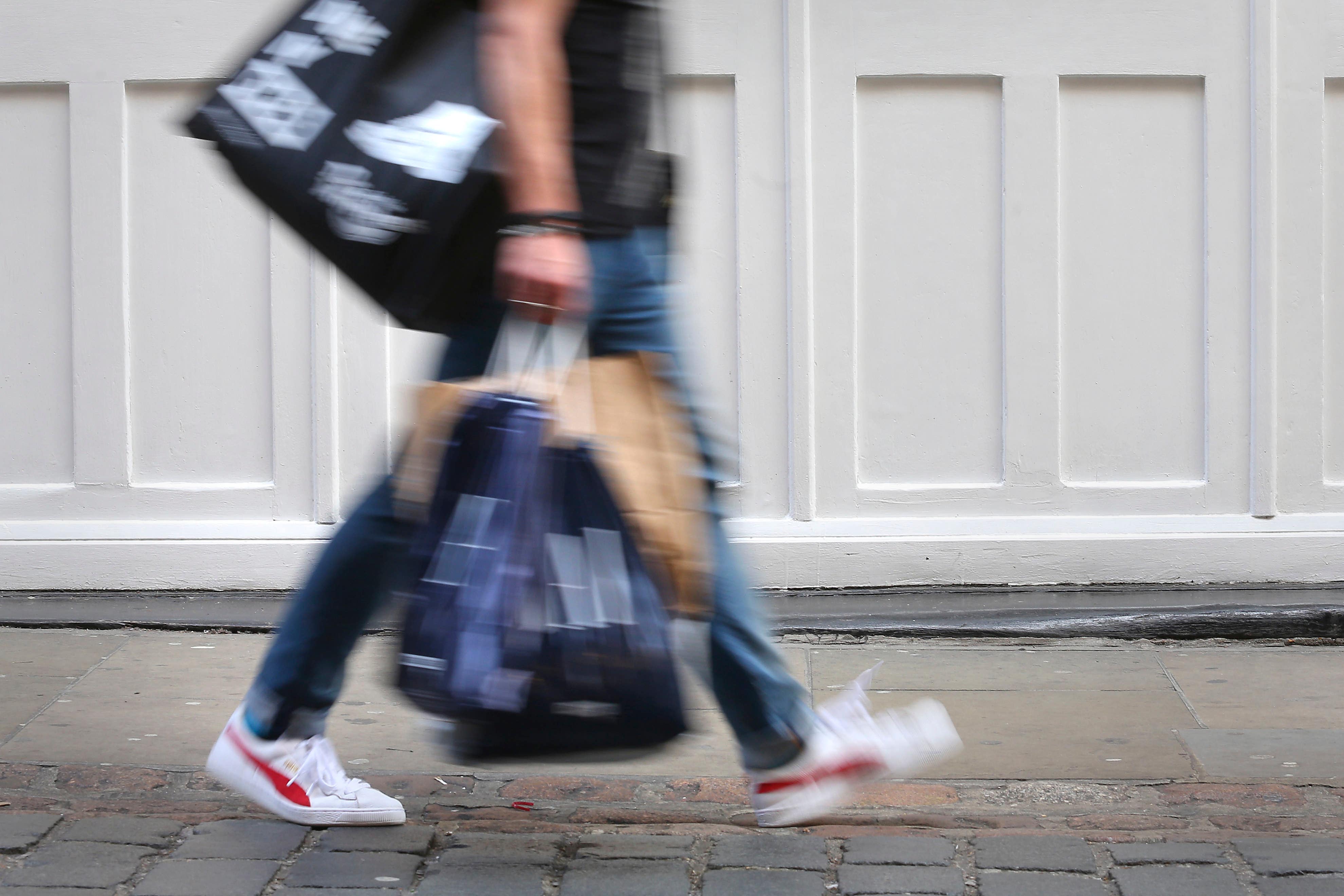Households are more confident in their spending budgets – but there’s a sting in the tail
Consumers have got good at economising, according to Barclaycard, but soaring utility bills look set to restrain spending further, writes James Moore


Wait, there’s some optimism to start the week? No, I haven’t been drinking the Liz Truss Kool-Aid. If I had, this would be a column about pink fluffy unicorns dancing on rainbows (there’s a song and take my advice, don’t look it up). But there is at least Barclaycard. It’s regular spending data, which also takes a look at the consumers’ view of their ability to manage their household budgets, shows that confidence in household finances is at 63 per cent. That is the highest level since July 2022.
Britons – at least the majority of them – appear surprisingly upbeat about their ability to live within their means even with inflation eating away at their wages. Counterintuitive? The result of it being just one poll? Possibly. On the other hand, there has been a deluge of personal finance advice in the news of late. Martin Lewis – he of MoneySavingExpert fame – must have found a way to clone himself because it seems impossible to turn on a news bulletin without him turning up with a bevy of advice.
Thing is, while Lewis isn’t everyone’s cup of tea, this does work. Truss once kiboshed just about the only good idea I think Jacob Rees-Mogg has ever had – the launch of a public information campaign to help people save energy, on the grounds that it was an example of the “nanny state” or some other such ideological rubbish. But those campaigns can be highly effective. This could be seen as evidence of that.
The rest of the data is somewhat complicated by the fact that things were skewed this time last year, through Boris Johnson’s “plan B” omicron Covid-19 restrictions. The latter naturally restricted spending on non-essential items. The figures show 9.7 per cent year-on-year growth in consumer card spending overall in January. But the restrictions mean they’re not exactly comparing like with like.
The January number was notably higher than that of December (4.4 per cent) – but don’t forget inflation. People last month spent more just so they can get get the same. There isn’t here much evidence of the substantial supply of “nascent spending power” built up during the pandemic that is being put into UK plc. Panmure’s head of research Simon French identified this in making the bull case for the economy this year: if consumers finally start to deploy it, it will get a boost.
It is possible to feel some optimism from the data concerning household finances. People certainly aren’t going to spend if they fear the bailiffs at the door. However, it is quite clear that Britain currently has a two-tier economy. It is made up of people who have the capacity to spend and those who lack the capacity to even buy the basics. While the former have bailed out the economy in the past, this is not a good situation to be in.
That said, the real sting in the tail of these numbers inevitably comes via the data on spending on utilities. There was a 44.7 per cent surge last month. Barclaycard has been tracking utility spending for a couple of years now and it has never been higher. Because so many people do it via direct debt, it has been including those in the calculation in addition to the card figures.
Clearly, the cold snap played a role. But the number is also reflective of the sharply higher prices we’re all paying. Until the pressure from this eases – and the government is set to reduce the support it has been offering in April – I’m not sure we’ll see much willingness to spend. Even from those consumers who feel good about their budgets.
Join our commenting forum
Join thought-provoking conversations, follow other Independent readers and see their replies
Comments
Bookmark popover
Removed from bookmarks